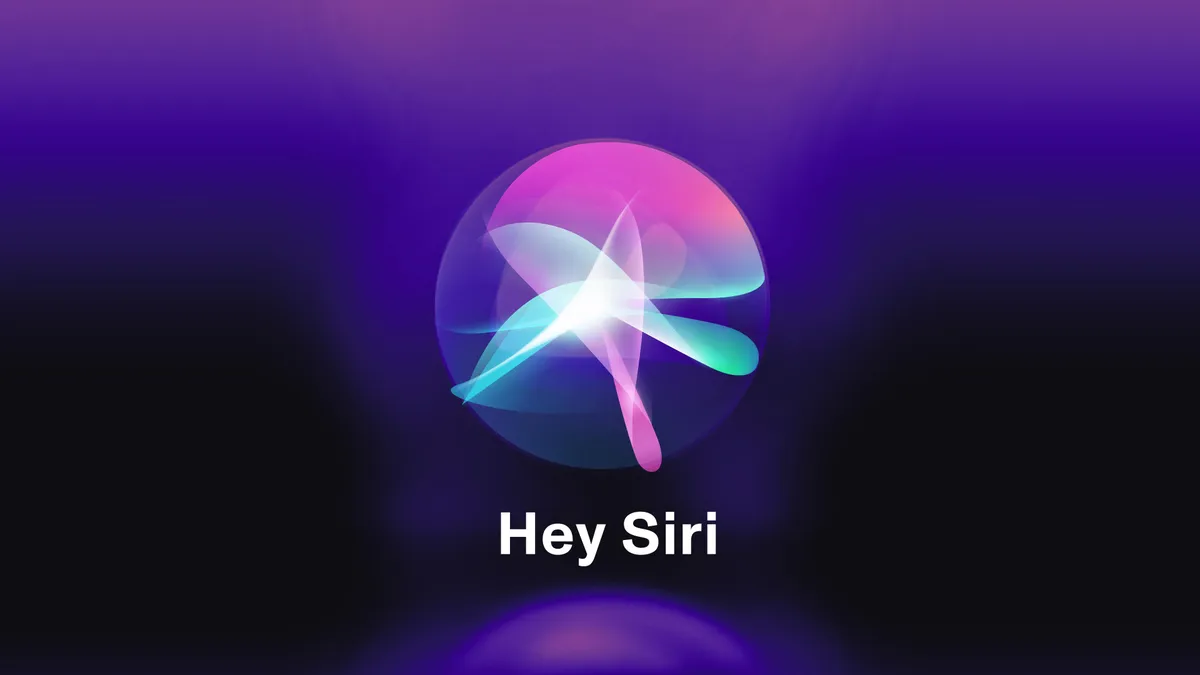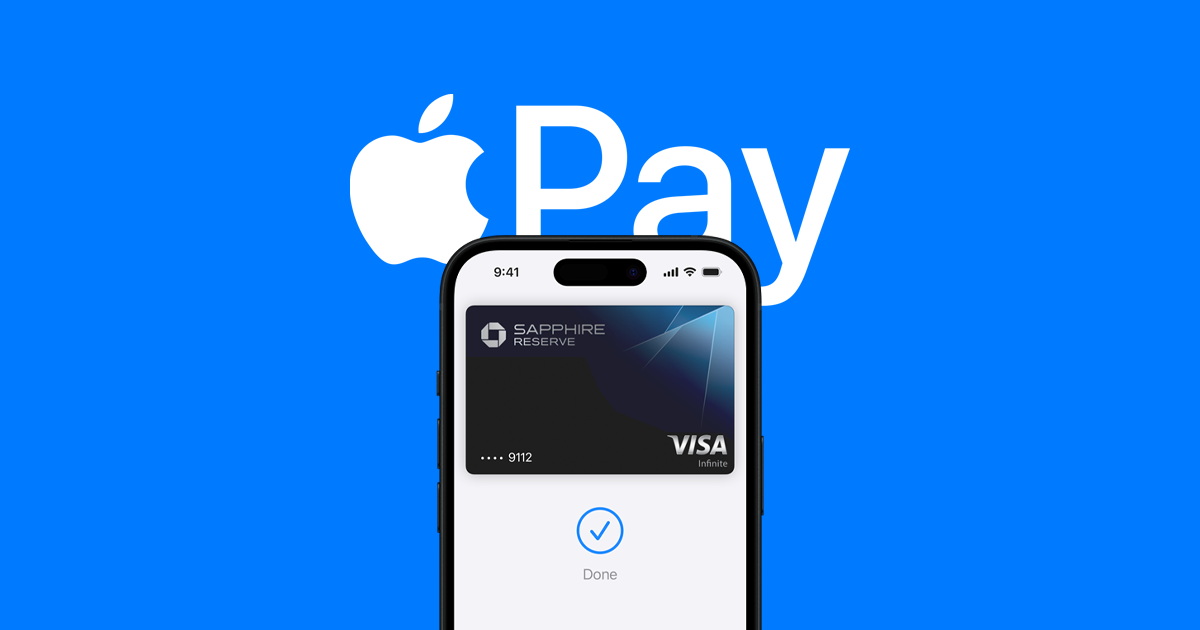Apple fans have been talking a lot about Siri lately, and not in a good way. Even after years of updates, Siri still has trouble keeping up with other smart assistants like Alexa or Google Assistant. A recent report points out that Siri often messes up simple tasks—like setting reminders or answering basic questions. People say it feels slow and clumsy compared to its rivals.
Apple has been working on making Siri better, but the changes haven’t impressed users yet. Many hope a big upgrade is coming soon, maybe with smarter features powered by artificial intelligence. For now, though, Siri’s flaws are hard to ignore, and it’s leaving some Apple fans frustrated.
On a brighter note, Apple has exciting plans for something new—a system called “HomeOS.” Rumors suggest it’s launching this year, and it could shake things up for Apple’s smart home gadgets. HomeOS might be a fresh way to control devices like the HomePod, Apple TV, and even smart lights or locks.
Think of it as a central hub that ties everything together, making your home tech easier to use. Reports hint that it’ll work smoothly with your iPhone, iPad, and Mac, so you can manage your home from anywhere. There’s also talk of a new touchscreen device to go with it—something like a smart display to show info or play music.
While Siri’s struggles are a letdown, HomeOS could be a game-changer. Apple wants to catch up in the smart home world, where companies like Amazon and Google are already big players. If HomeOS delivers, it might give Apple fans something to cheer about. For now, everyone’s waiting to see if it lives up to the hype—and if Siri can finally step up its game too. With these updates, 2025 could be a big year for Apple’s tech lineup!




